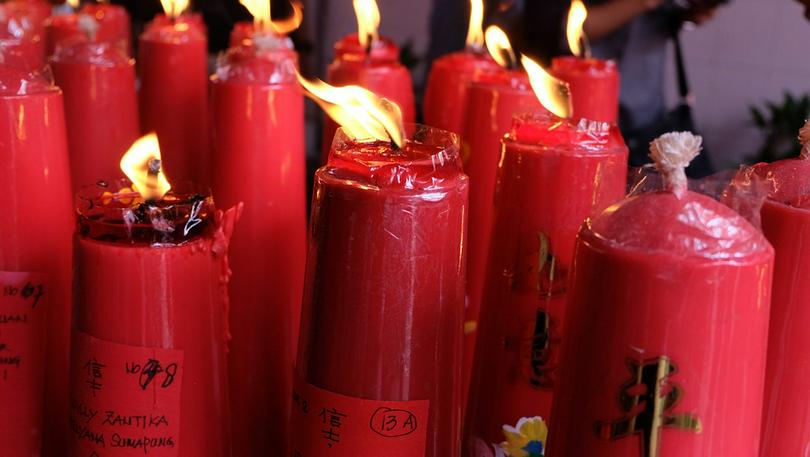More than 13 million people visited the cemeteries during the Qingming or three-day tomb sweeping holiday which ended on Monday.
Qingming is an old tradition for the millions of Chinese people to mourn on their deceased relatives.
According to Ministry of Civil Affairs (MCA), the total number of people visiting the 150 burial sites nationwide rose by 3.7 percent this year compared to the same period of last year.
On the same day, Monday, activities to honor war victims and martyrs were also conducted across the country.
In Nanjing's Memorial Hall, about 50 massacre survivors and relatives of the deceased in Nanjing Massacre by Japanese Invaders, grieved in front of the Wailing Wall where in the10, 505 names of the victims were engraved.
An 88-year-old Nanjing Massacre survivor, Xiang Yuansong said that "memories of the deceased loved ones are easily back on the special day and I pray for no more wars in the future." In front of the Wailing Wall, names of his brother and uncle were etched.
According to Zhang Jianjun, warden of the memorial hall, the Wailing wall is considered as the only place where the massacre victims can be mourned since most of them do not have tombs or remains.
"We are mourning them to remind people to never let the tragedy happen again," he added.
Qingming is celebrated every 5th day of the month of April. In this day, Chinese traditionally give credit to their ancestors by sweeping their tombs.
In 2008, the government made the day a public holiday to preserve the tradition.
According to the MCA, "sweeping tombs" on the internet and sea burial have transpired in the recent years together with other modern and more eco-friendly ways for honoring the
Aside from Qingming, many Chinese took advantage of the three day tomb-sweeping holiday to go to some places as warm spring inspires them to do outdoor activities.
China Railway Corporation said that more than 11.6 million trips were made on the first day of the holiday and they were expecting train trips in the country to hit 41.08 million.









